|
The results of the PAGSA officer elections are in! We welcome our new and returning officers:
President: Jahnvi Verma VP: Sricharan Balaji Treasurer: Abhipsa Acharya Secretary: Nethra Rajavel Website editor: Jacob Morgan Here's to a new year and new possibilities in the Fall! Have a great summer everyone!
0 Comments
Happy Eclipse Day everyone! The image above was taken of the 2017 solar eclipse.
The sky should darken from ~12:45-3:15 today, reaching 85% occlusion at about 1:45. The department is setting up a viewing area on the quad outside of Gallalee Hall. Safe travels to anyone who went somewhere to see totality, and remember not to look directly at the eclipse without proper eclipse glasses! Hello physics and astronomy students! PAGSA is entering our election process for new officers! The first step is finding out who is interested in what position. After this, we will hold an election for any office with more than one person interested. During the summer, current officers will train/offload work to the newly elected officers, who will take over next Fall semester.
Are you interested in becoming more involved with PAGSA by becoming an officer? Please fill out our Google Form to indicate your interest! PAGSA Officer Interest Form Welcome back to all returning students! I hope everyone had a relaxing break and a good holiday season. The photo of the quad above was taken by Zachary Riggins in 2014-- although it wasn't a white Christmas in Tuscaloosa this year, it is extremely chilly today, so bundle up on your way to class!
Last Sunday, undergrads, grads, and faculty all gathered for a picnic at Lake Nicol. The weather and pizza were excellent! We hung out around the lake before going on a hike. Thank you to everyone who planned the event, and thank you for coming!
Last week PAGSA and SPS helped run the physics booth for UA's homecoming game! We had physics demonstrations, including the dinosaur seesaw. We beat Arksansas 24-1. Later that night students got to learn about thermodynamics at the traditional giant bonfire! Thank you to everyone who helped with the physics demos, and Roll Tide!
We at PAGSA want to thank all those students who came to our welcoming event this semester! It's good for new students to meet older students, and it's so important that new students feel included and like they can ask questions/ for advice.
Thank you again, and I hope you all have a great semester! Welcome back fellow students! Each year PAGSA hosts an event to help new students meet people in the department and answer any questions about what living in Tuscaloosa is like, what PAGSA is, etc. All physics and astro students are welcome to come and enjoy some food and refreshments!
Please RSVP/inform us about dietary restrictions here! Earlier this summer Sreetama Goswami completed her dissertation defense on the "Search for High-Energy Neutrino Emission from Hard X-ray AGN with IceCube". The solar system is saturated in neutrinos, yet they are almost undetectable. This means observers look for an overabundance of the particle in a particular direction. Dr. Goswami's work uses archival IceCube neutrino data and Swift-BAT Spectroscopic Survey (BASS) x-ray data to determine if there is a correlation between x-ray AGN activity and neutrino detections.
IceCube is a large collaboration. Dr. Goswami says this has been one of her favorite parts of the job, as it allows for lots of travel to conferences and the opportunity to work as part of a larger team. She is taking a postdoc position in Las Vegas, Nevada, later this summer. Breakthrough Birmingham is an organization dedicated to educational equality. Over the last ten years, they have improved the prospects of many students in the Birmingham area by providing an engaging experience in mathematics and science to marginalized communities. Last Friday the Physics and Astronomy Department and PAGSA partnered with them to teach their students about optics, electromagnetism, and mechanics. Pictured in the gallery above are PAGSA members, professors, and students performing hands-on experiments and viewing the 16" telescope on campus.
We really enjoyed the opportunity to meet aspiring young scholars, and hope to work with Breakthrough Birmingham again in the future! |
AuthorJacob Morgan is the PAGSA Information Manager and website editor. Archives
June 2024
Categories |

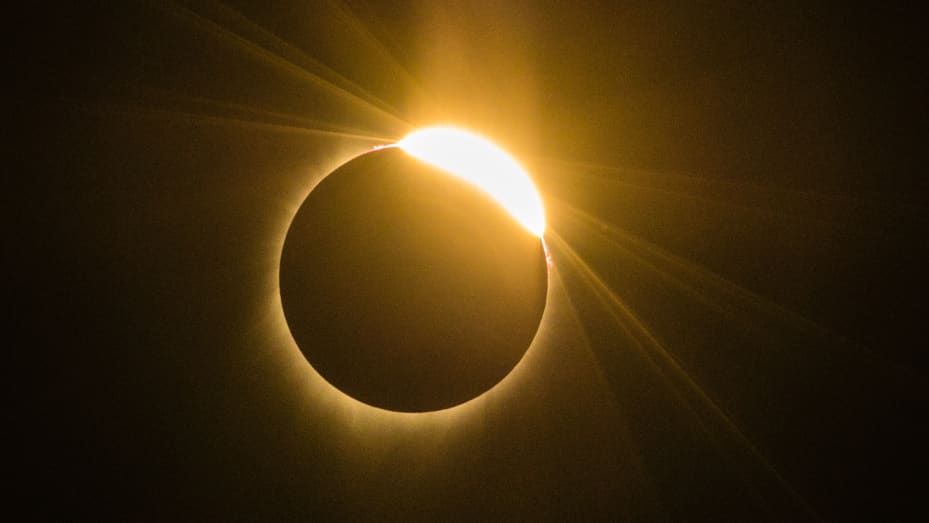

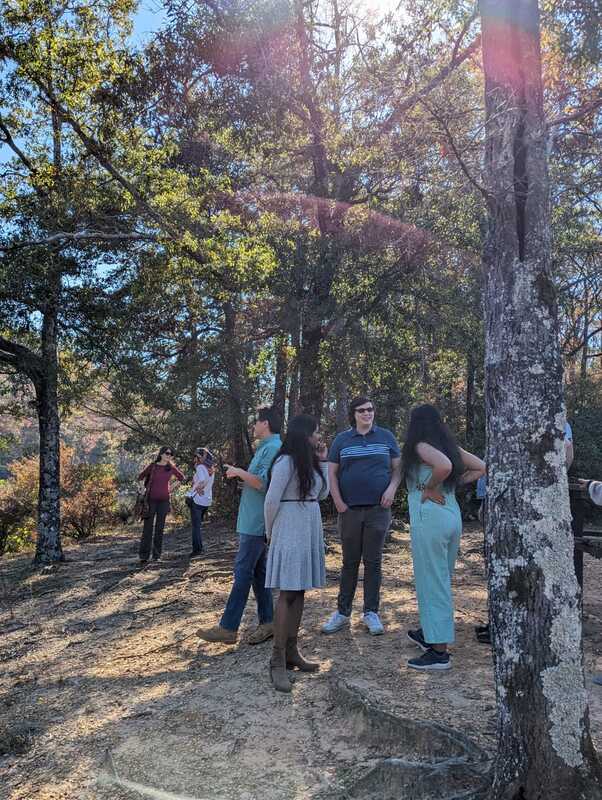
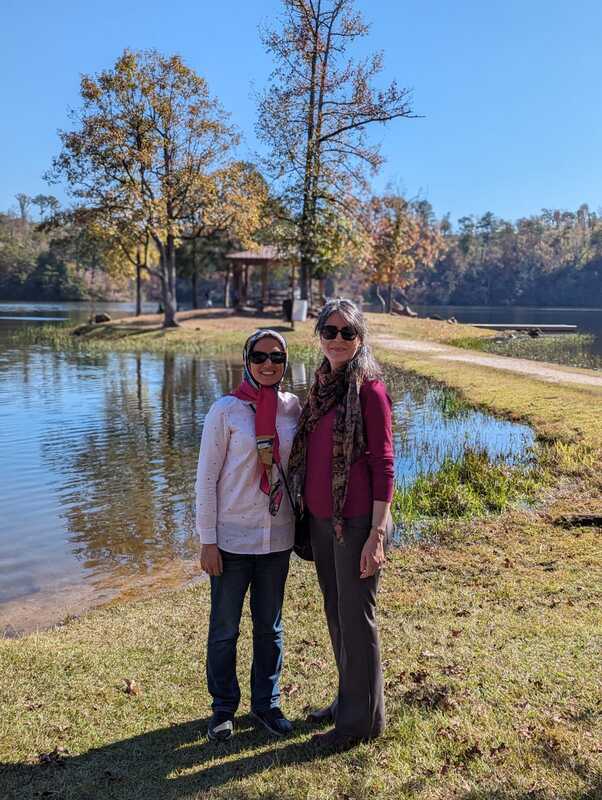
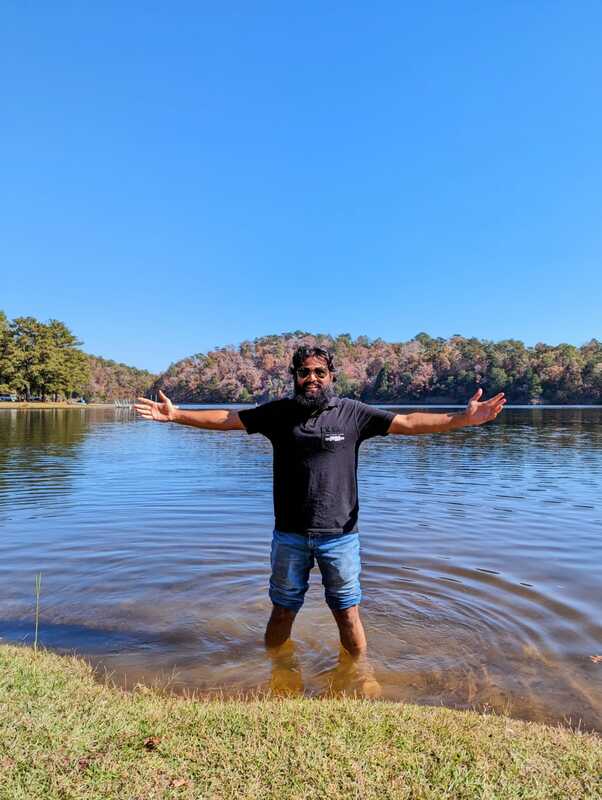
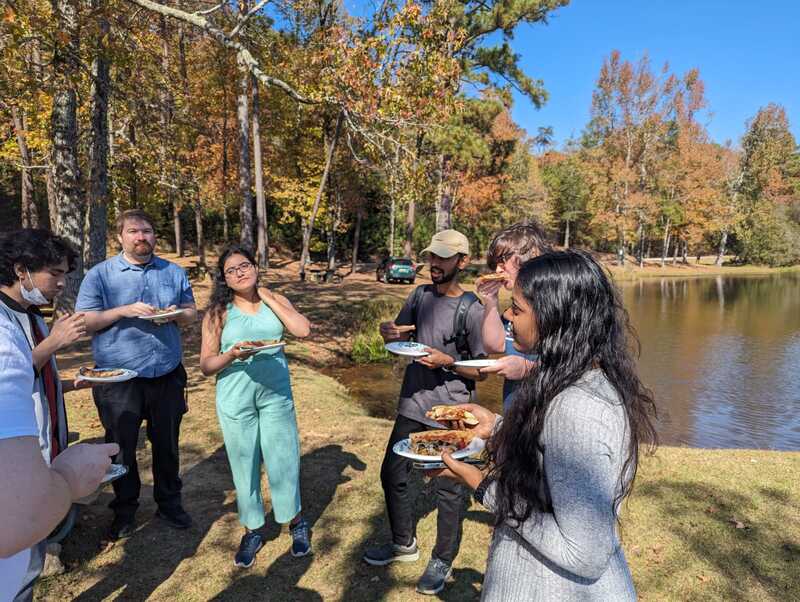
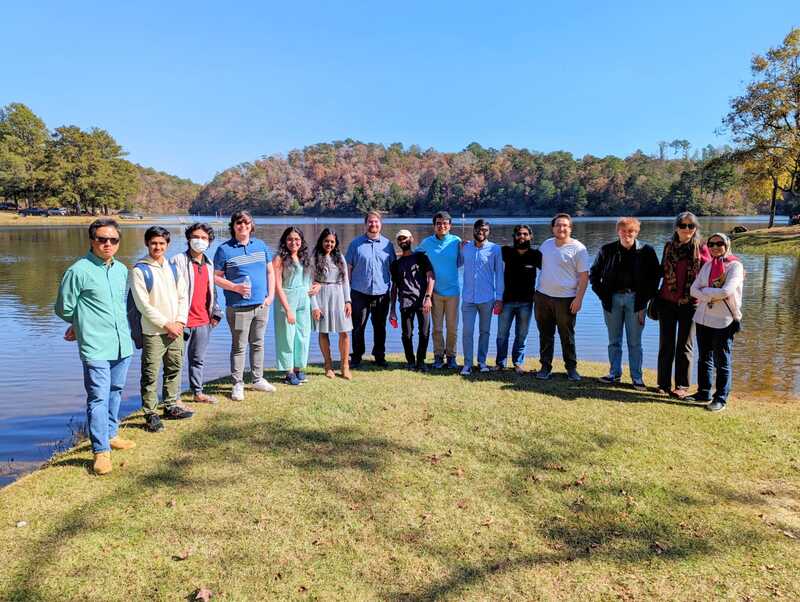
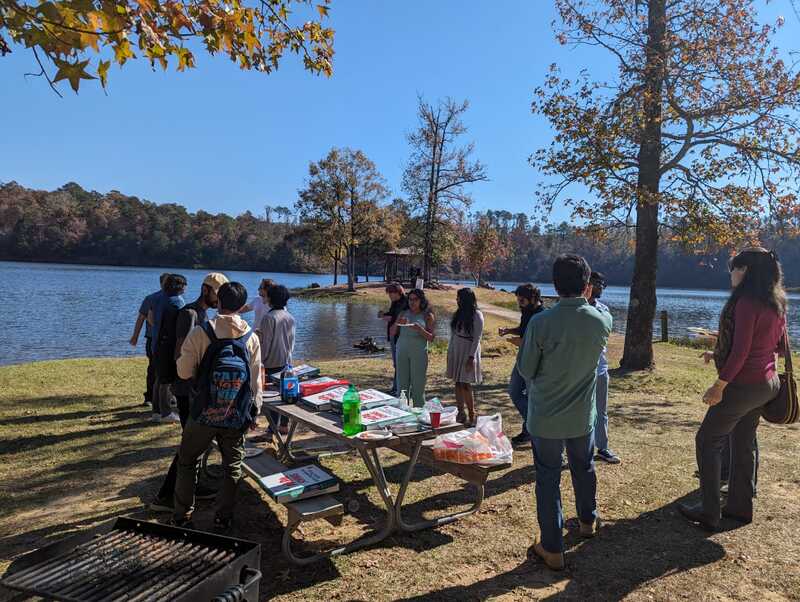
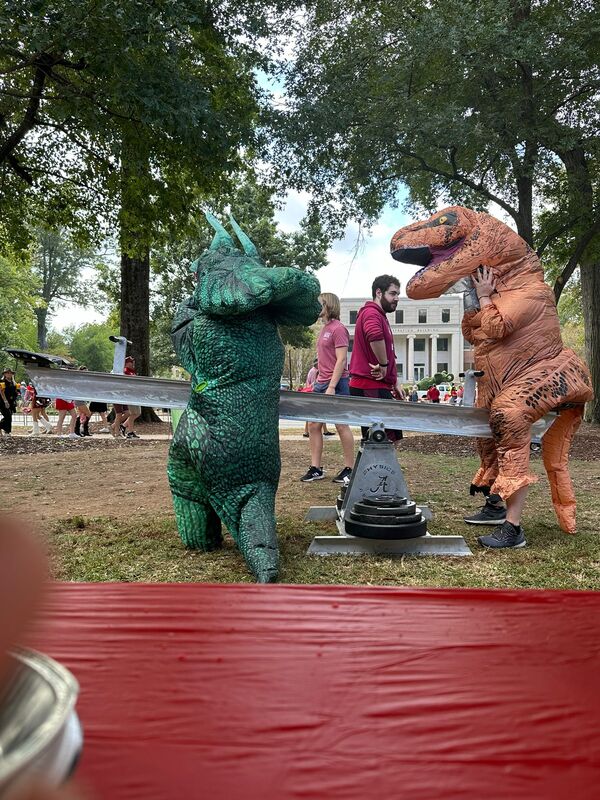
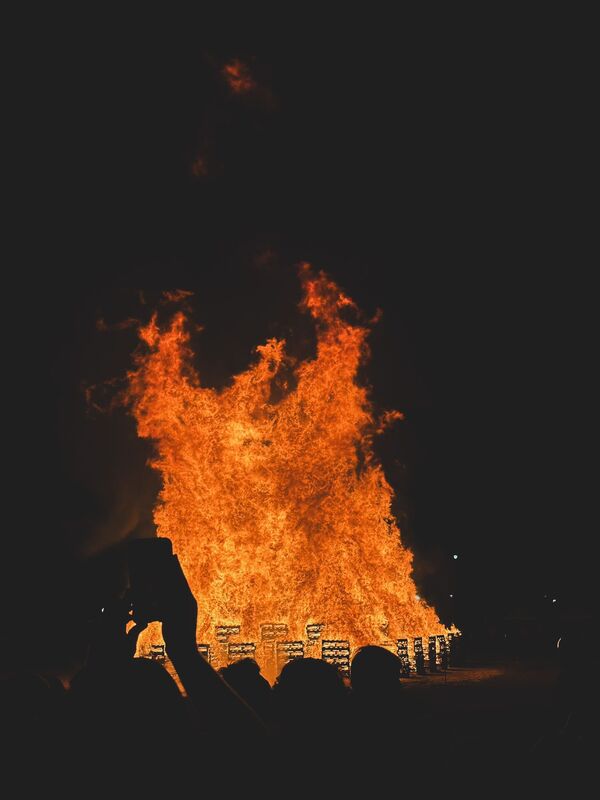
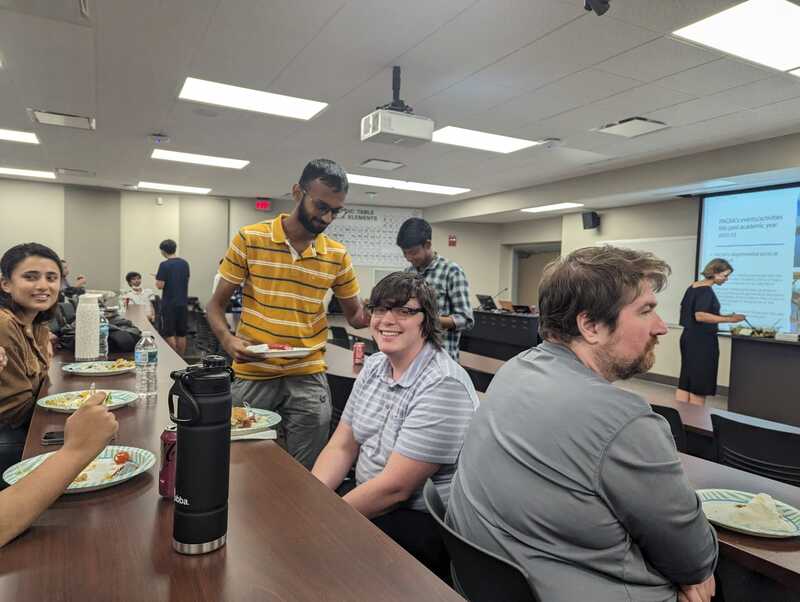
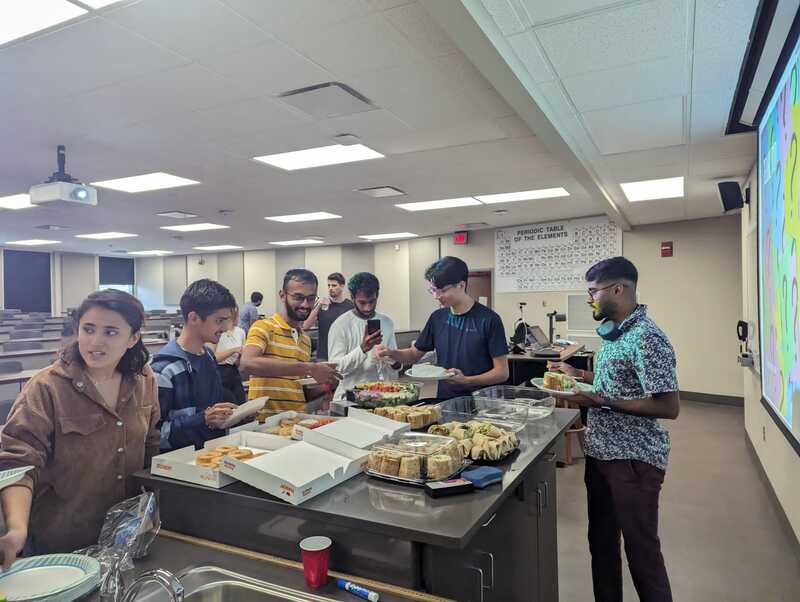
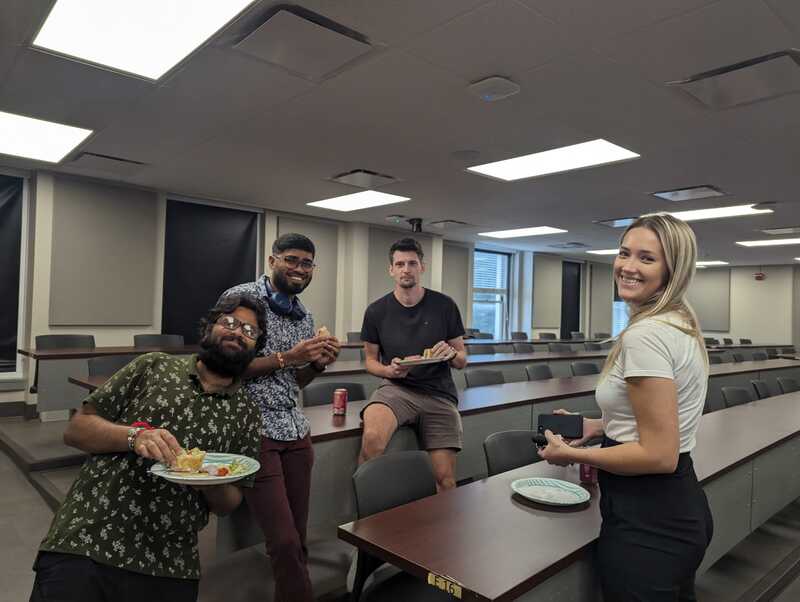
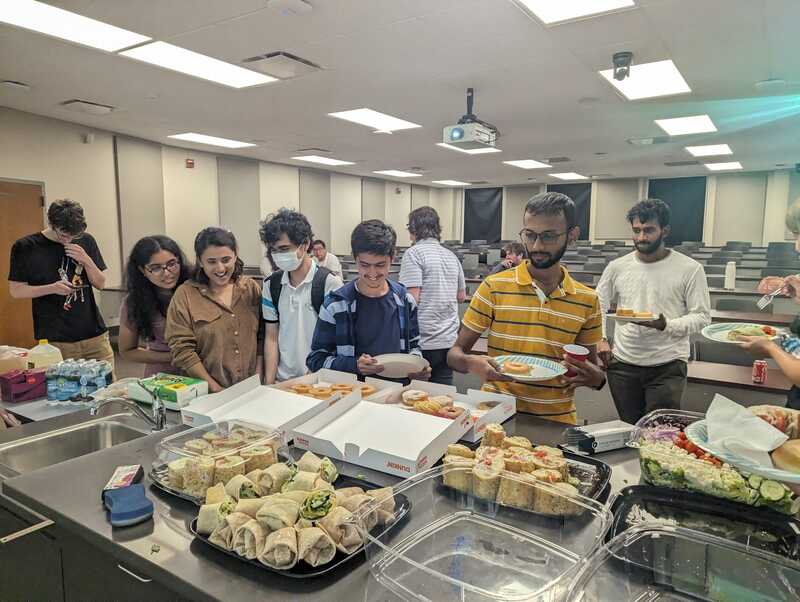
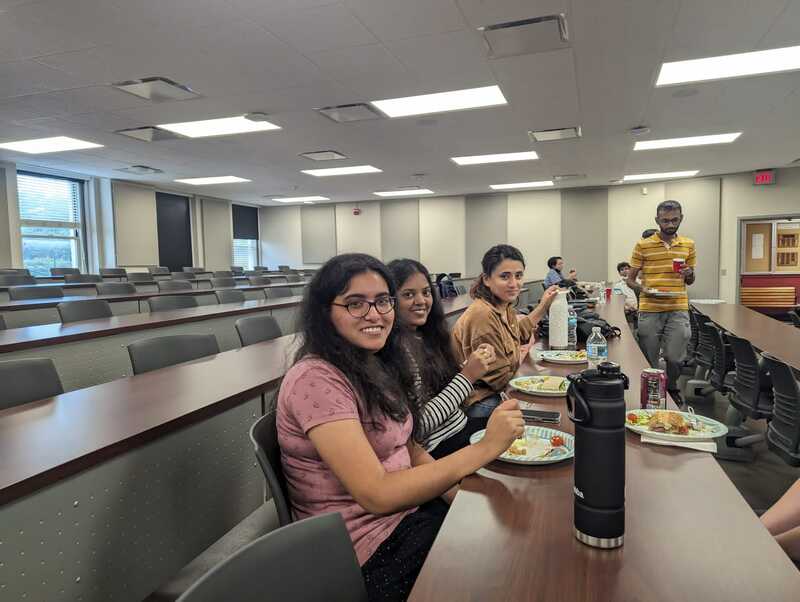
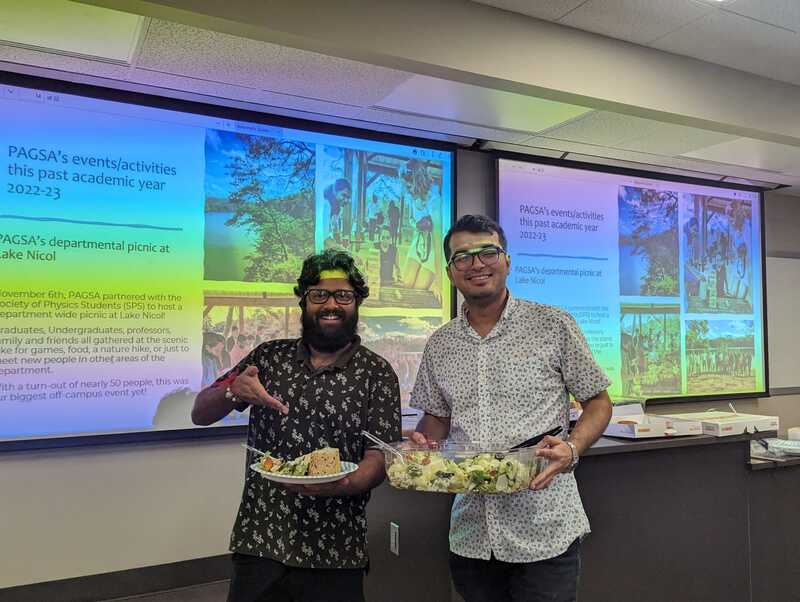
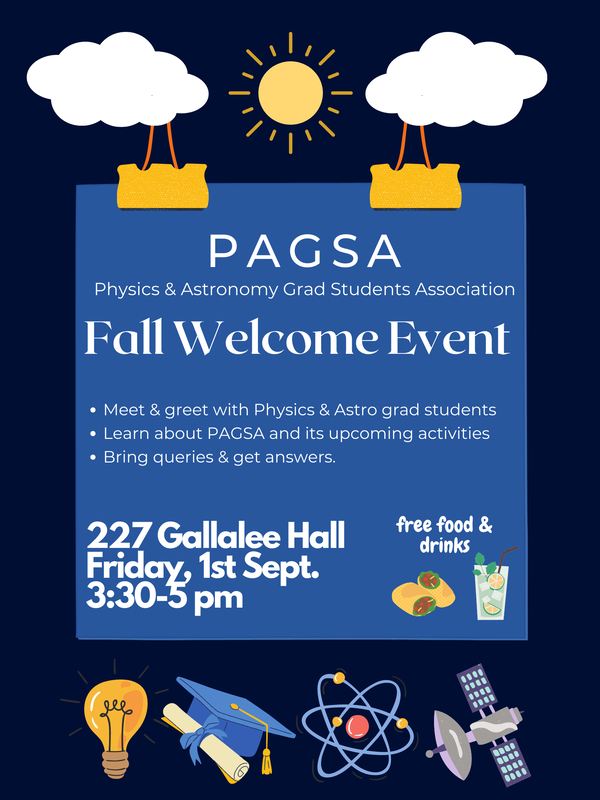
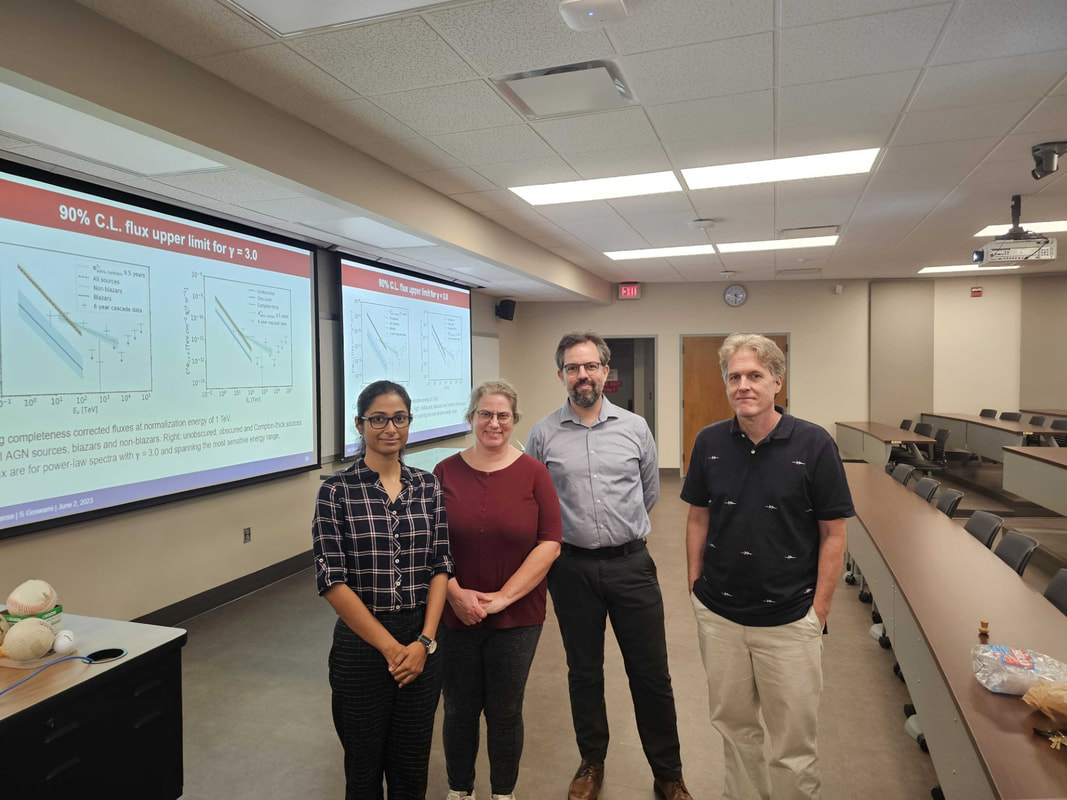

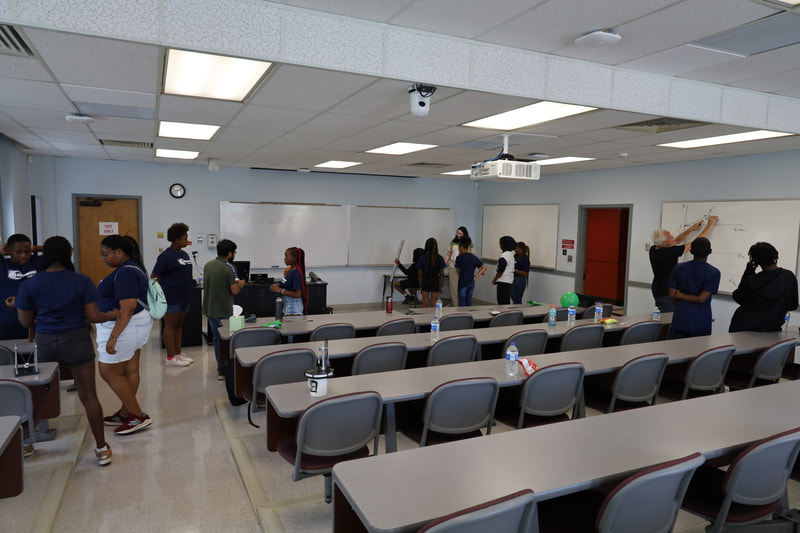
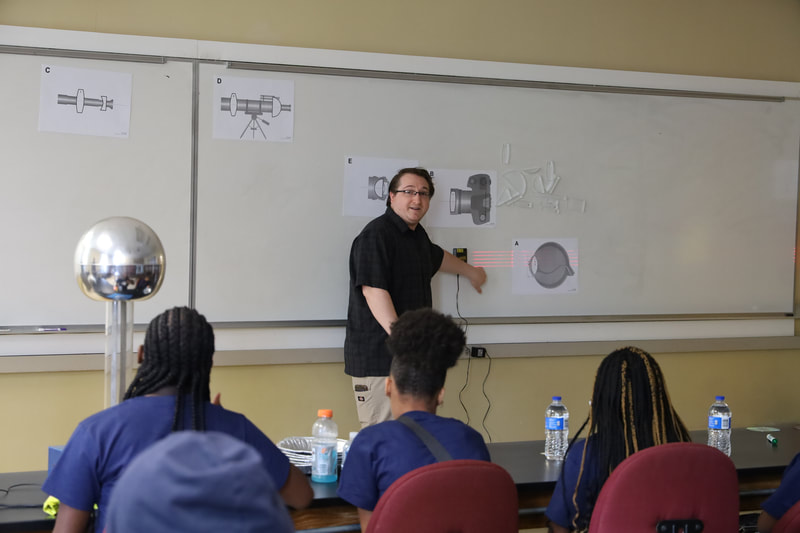
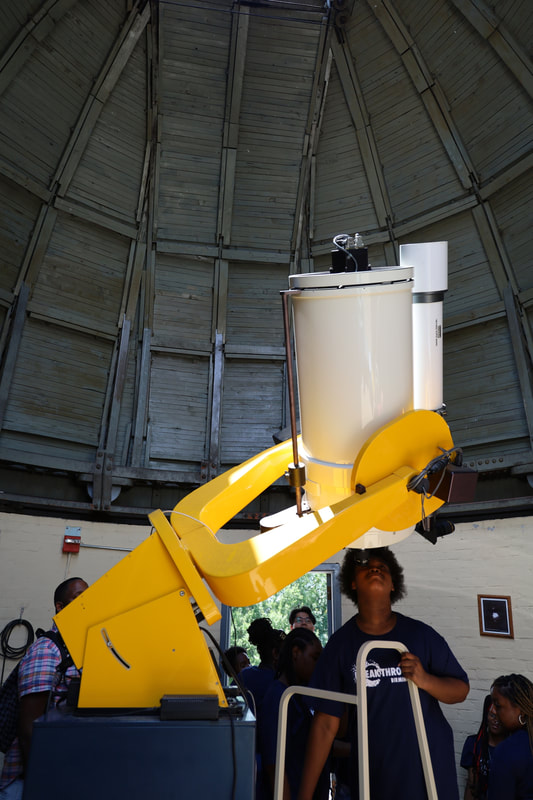

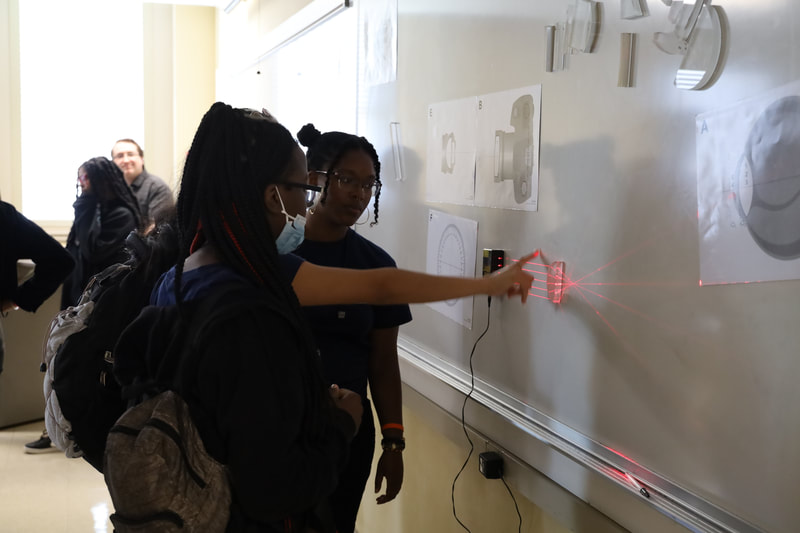
 RSS Feed
RSS Feed